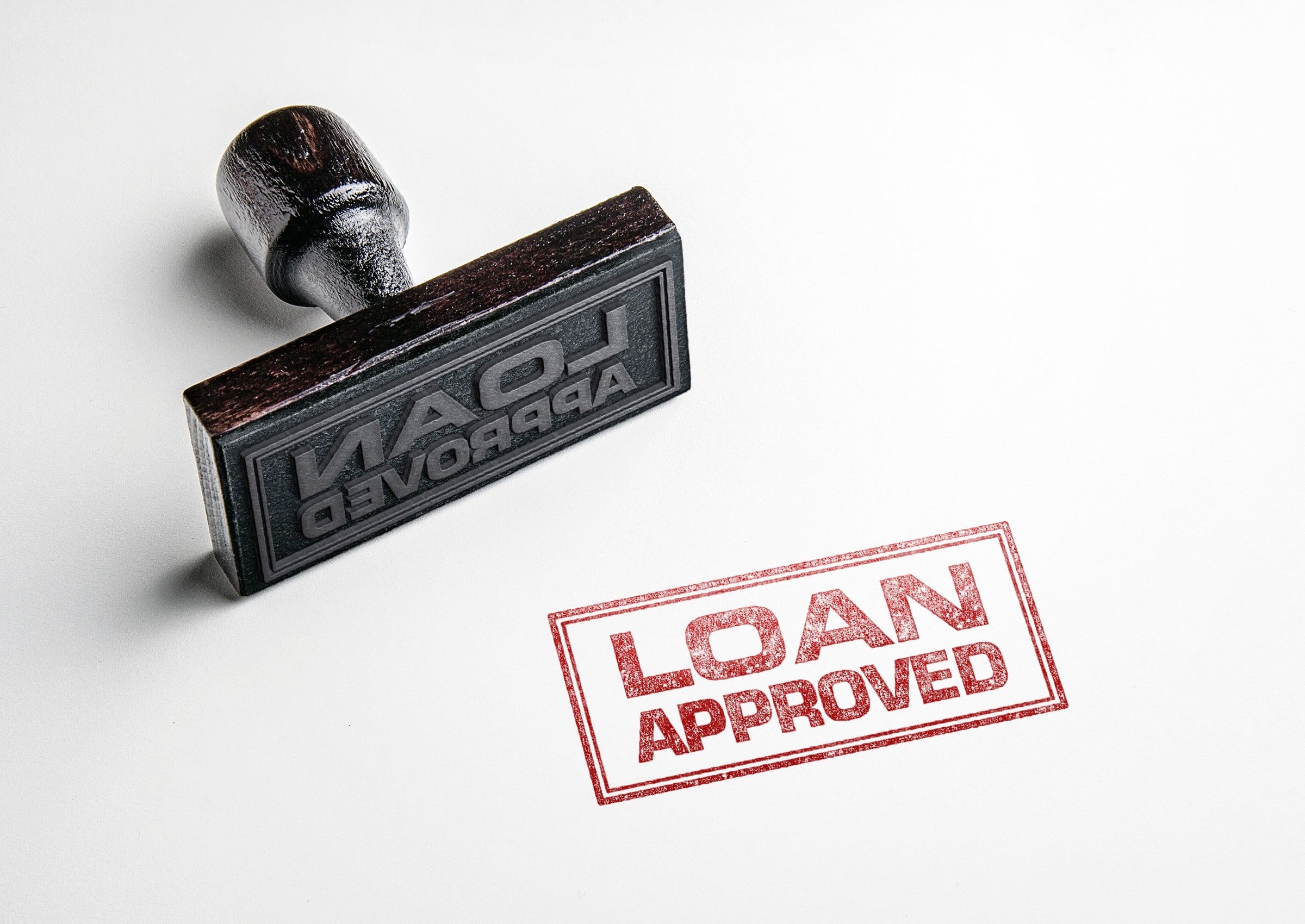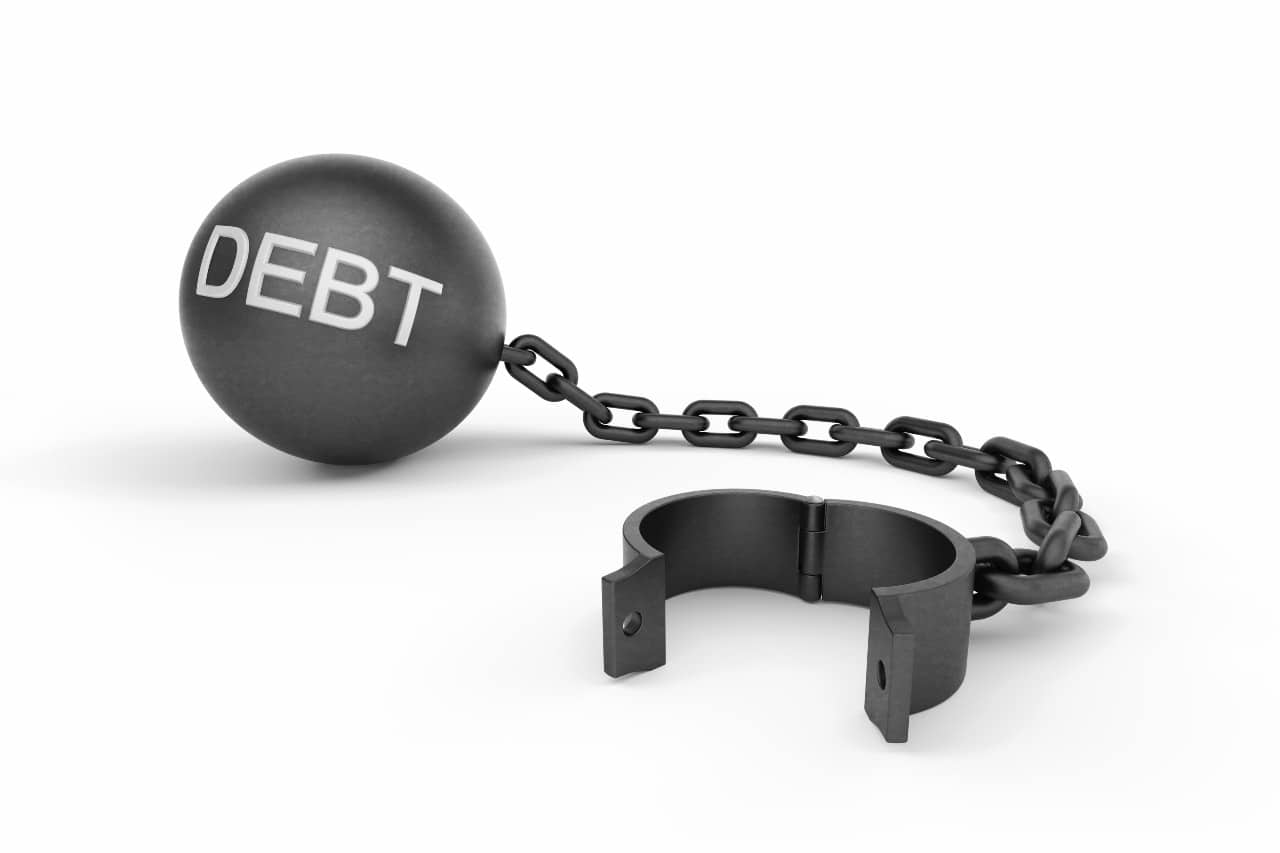Finally, retirement. Time to put your feet up, relax, and live off the money you’ve spent your life-saving.
For many, especially those reliant on social security, this situation couldn’t be further from the truth. In an ideal world, you’d never have to worry about your credit score in your retirement years. Still, thousands of retirees enter their “golden” years paying off credit card debt, refinancing a mortgage, and worst of all paying crazy-high interest rates.
Let’s find out if your credit score matters in retirement. Also, what you can do to maintain a good credit score? And what are some mistakes to avoid as a retiree?
Does Retirement Impact Your Credit Score?
Retiring doesn’t affect your credit score directly. But retirement in terms of your income and what’s available to you do.
This is because the credit bureaus and credit reporting agencies tracking your score don’t measure your employment status or other personal details. They only measure the financial factors making up your credit history. This includes loans, mortgages, and credit cards — and whether they’ve been paid on time through your younger years.
Your credit score won’t go down as a result of retirement, but depending on your circumstances, what’s available to you (your borrowing power) may be limited.
Why Is a Good Credit Score Important for Retirees?
Although retirement doesn’t have a direct effect on your credit score, we know that keeping a good score is very important.
If you’ve had outstanding debts, refinanced, and maxed out credit limits regularly, your options in terms of borrowing could be very limited.
You may experience:
- Very high interest on current debts
- Huge insurance premiums
- Large security deposits
- Difficulty obtaining mortgage/remortgage
If you’ve built a bad name for yourself via a low credit score, then lenders are going to be less inclined to extend credit to you.
So, if in retirement you want to remortgage a property or take out a loan to help you or a family member with a new business, then maintaining good credit is crucial.
Why Getting Credit Could Be More Difficult
Getting credit in retirement can come down to one thing. Trust.
You are earning a lot less than you may have been during employment. While this isn’t the case for everyone, in the eyes of a lender, a lower-income means it could be more difficult for you to pay back a loan. This is especially true if you rely on social security in retirement. This is because low wages and state dependency put you in a “riskier” bracket from a lender’s perspective.
Retirement and Your Borrowing Power
As a retiree, your borrowing power can be significantly lower. However, this will largely depend on your previous borrowing history and whether you have borrowed and paid debts back in full before.
If you have been financially responsible, there’s no reason why you shouldn’t be able to borrow. This is why your credit score matters in retirement.
If you haven’t been responsible, then why would a lender trust you with another loan?
When entering retirement, your income will likely drop significantly, and income reduction will mean the amount you can borrow is limited to match a lower income. This income/debt comparison is called a DTI ratio, which can be worked out by adding together all your monthly-based debts and dividing that number by your income. If you don’t have many existing debts, your DTI score should not be a problem.
Maintaining Your Credit Score in Retirement
We’ve established your credit score’s importance during retirement, but how do you maintain it? Maintaining good credit throughout your retirement is straightforward. However, it’s easier said than done.
Throughout your life, there are some must do’s you need to maintain a good credit score and monitor your credit:
- Keep credit card accounts open, spend on them, and pay them off in full each month.
- Pay all debts in full by the due date.
- Avoid paying interest. This is major for maintaining a good score and not eating into your retirement fund.
- Be aware of your credit utilization ratio.
- Pay bills on time.
Although this seems straightforward, every point here is crucial to maintaining good credit and keeping your borrowing power during retirement.
Mistakes to Avoid When Retiring
Largely, your credit score and borrowing power through retirement come down to what you do BEFORE you retire. It goes back to the age-old advice of setting yourself up and having a solid retirement plan.
But if you’re concerned about your credit score and you’re already entering retirement, then it’s a little late for that.
What can you do right now and throughout your retirement?
- Don’t create more debt. It should go without saying maxing out credit cards and not knowing how to pay them back is a bad idea.
- Don’t forget about tax-free savings accounts. Many people don’t realize how much money you can save through these accounts.
- Plan. Upon entering retirement, you need a solid financial plan, a plan that provides you with living expenses, income sources, and what credit is available should you need it.
- Keep accounts open. Regardless of the purpose, having a credit or checking account open shows lenders that you’re in control of your finances. Providing these accounts aren’t in the negative, of course.
Summary
Your credit score matters in retirement. It can have a massive effect on retirement, but how it affects you depends on your needs and credit history.
For example, if you’re trying to get a loan or remortgage a rental property, a good credit score is crucial. Even if you aren’t planning on borrowing, you never know what emergencies can arise (for example, identity theft issues) and who knows when you’ll need to call on a line of credit.
So whether you already have a great pension plan or you’re relying on social security, do whatever you can to keep your credit score high.
The opinions expressed throughout this piece are that of the authors only and should not be taken as professional financial advice.
If you need any assistance regarding a retirement savings plan, financial planning, or help as you head into your retirement, please reach out to us.









